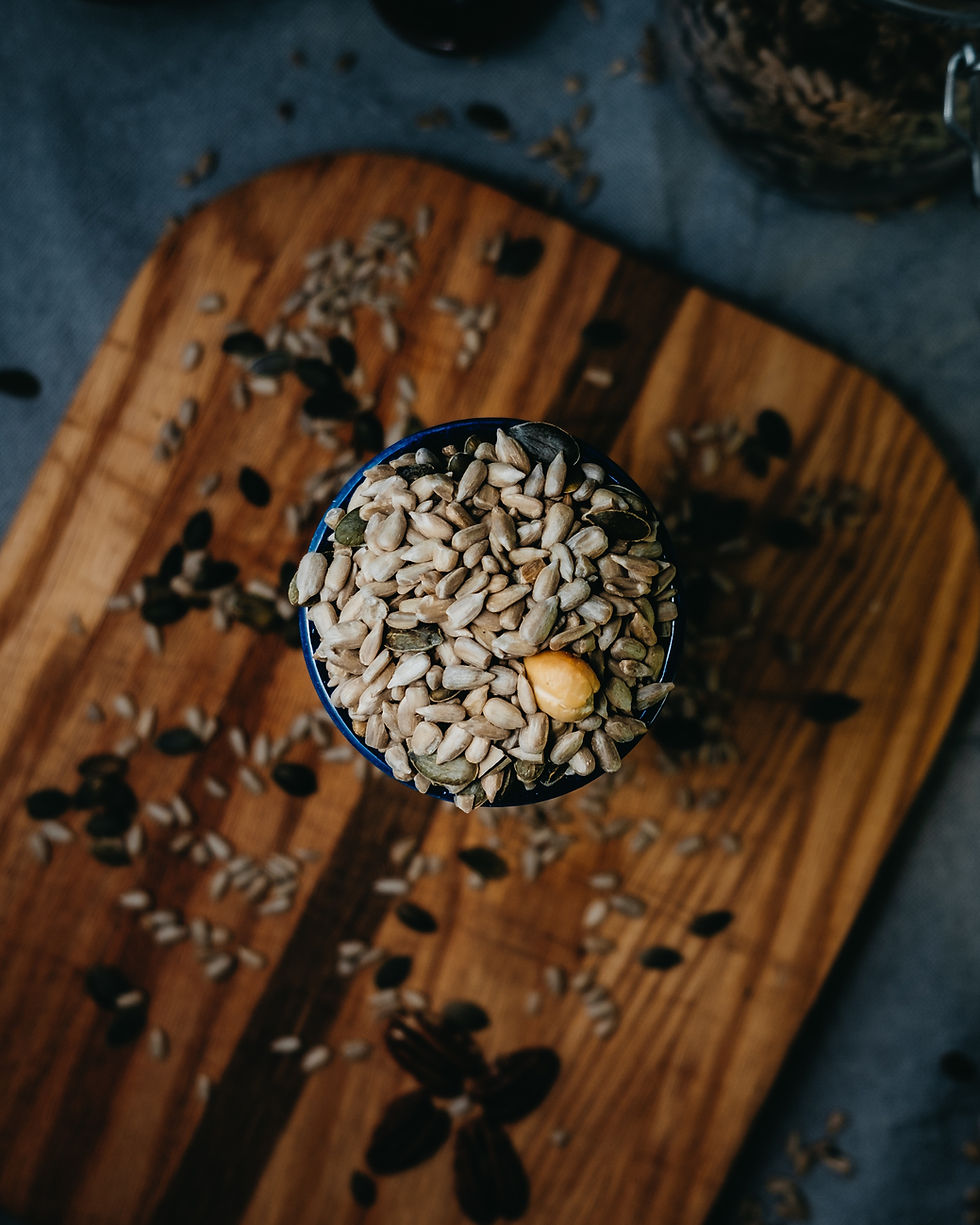This week we get the big finale of the Joseph story - Joseph's dramatic reavel to his brothers, Jacob learning his son is alive and Jacob's arrival in Eygpt with the rest of the family in tow. Right now my mind is singing "So Jacob came to Eygpt, no longer feeling old..." if yours is too, you're one of my people :) Big, colorful, smiling, jazzy hands finish, right?

Well, not for the parsha. The parsha continues with what happens next. There's discussion about Jacob and family being shepherds. Joseph has paved the way for his family to live in Goshen, land that is good for cattle and shepherds, and not integrated into the rest of Eygptian society. In honor of importance of how this sets Jacob's family apart, we are having beef for dinner. It really could be any beef dish, but this week I'm planning on meatballs because it's a family favorite and our eldest is home from college.

The parsha also recounts how Joseph managed the stores of grains where he first sold the grain for money, then taking the people's livestock, and finally their land, leaving them to be serfs to Pharoah. Joseph is to give them the seeds and they will grow the crops, giving 1/5 of their yield to Pharoah. It's a complicated part of the story and worth discussing at the Shabbat table. Did this set up a scenario that left Joseph's family ripe for hatred by the Eyptians? Was it right for Joseph to exact these high payments to keep people from starving? To get this discussion rolling, I wanted to focus in on seeds - a really easy way to do that is to make a green salad and use roasted seeds as topping (sunflower seeds for pumpkin seeds would work).
Finally, there was something that caught my attention as I read through the start of Vayigash. Judah explains to Joseph why they cannot return to Jacob without Benjamin, as the grief would kill Jacob. In the course of the explanation and pleading, over 17 pasukim (lines) Judah says the word "father" 14 times! Imagine the emotional impact on Joseph - to hear his father mentioned over and over again. So, I wanted to do something to reference fathers...is there a food associated with fathers? (if you ask the internet, you'll get some funny answers to that.) Is there a word play with father, or dad, or abba? Not that I could think of, but there is one with Pop! If I lived in a different part of the U.S., Pop could be both a word for father and a word for soda, so the simplest menu item would be to serve soda, but I wanted to go a bit more deep on this one and found...Coca-Cola Cake (did you know that was a thing? Brief History: 1952 – First reference found to a published recipe: Chocolate Cola Cake recipe published in the Charleston Gazette, August 8, 1952 (p.20), “Unusual’ dishes awarded second, third place in contest“ Mrs. E.D. Greer or Lillybrook, W.VA. supplied the recipe) Most of the recipes are dairy, but I am going to substitute soy milk for the milk and give it a try!
Shabbat Shalom and B'Tayavon!
Coca-Cola Cake Recipe
Ingredients
For Cake:
1 Cup Coca-Cola (NOT Diet)
1/2 Cup Vegetable Oil
1 Stick Unsalted Plant Butter
3 Tablespoons Cocoa Powder
2 Cups Sugar
2 Cups Flour
1/2 Teaspoon Salt
2 Eggs
1/2 Cup Soy Milk
1 Teaspoon Baking Soda
1 Teaspoon Vanilla
For Frosting:
1 Stick Unsalted Plant Butter
3 Tablespoons Cocoa Powder
6 Tablespoons Soy Milk
1 Teaspoon Vanilla Extract
3 3/4 Cup Confectioner's Sugar
Instructions
In a medium saucepan, mix Coca-Cola, plant butter, and cocoa powder. Bring to a boil.
In another bowl, combine the sugar, flour and salt. Pour the boiling Cola mixture over the flour mixture and beat well.
Add the eggs (by tempering the eggs first), soy milk, soda and vanilla to the mixture. Beat well.
Pour mixture into a greased and floured 9x13-inch baking dish and bake at 350º for 40-45 minutes - until center comes out clean with a toothpick. Let the cake cool completely.
For the frosting, combine the plant butter, cocoa powder and soy milk in a saucepan. Heat until the plant butter melts. Beat in the remaining ingredients and spread onto the cake using a frosting knife.

Comments